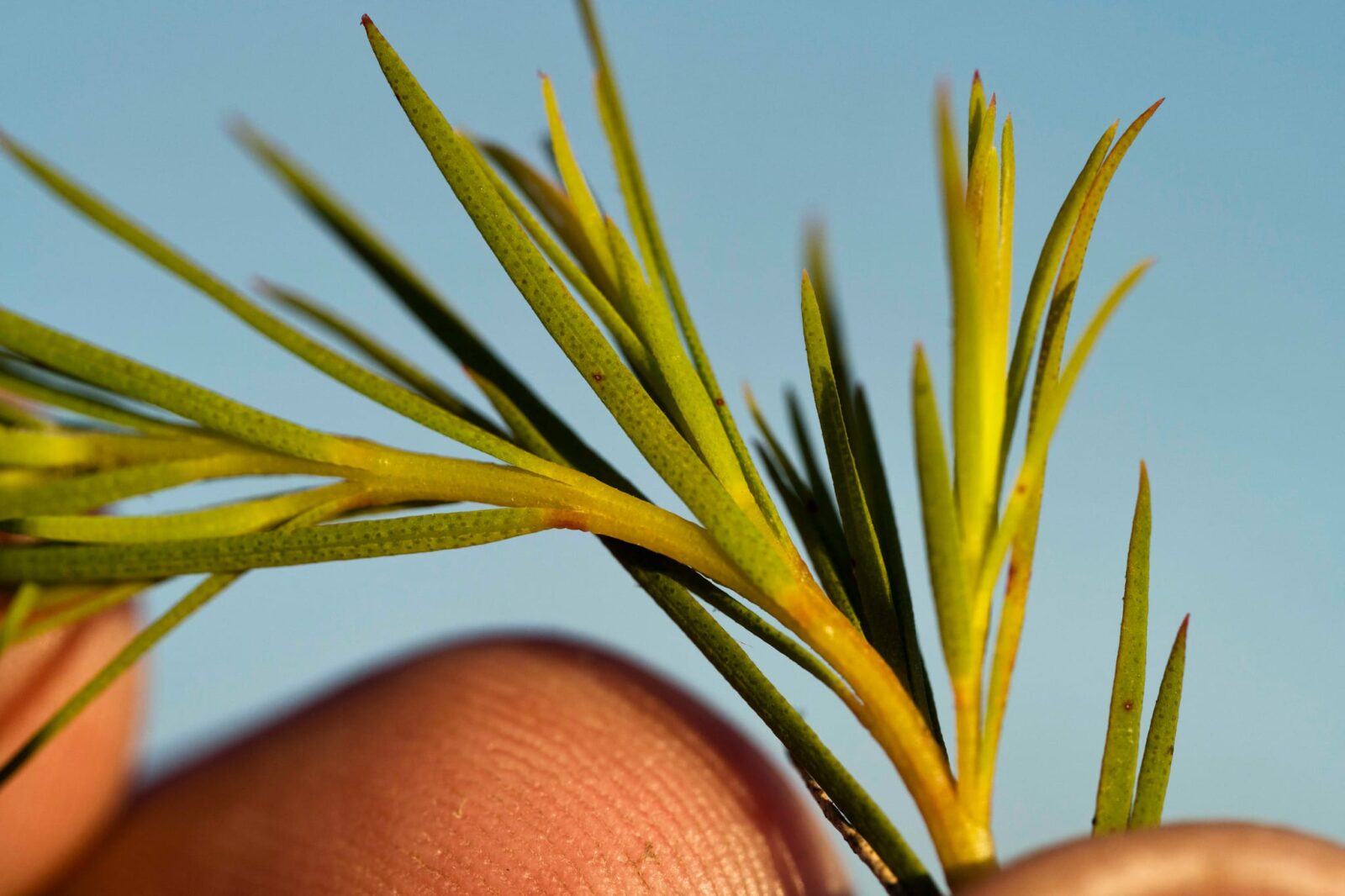Improving the odds: Pinpointing the key factors in Thoroughbred pregnancy loss

 TEA TREE OIL / Tuesday, 30 July 2024
TEA TREE OIL / Tuesday, 30 July 2024 
Known for its skin conditioning and antibacterial properties, tea tree oil (TTO) is widely used in the cosmetics industry. A recent review and proposed re-classification of TTO by the European Union Review of Active Chemicals (RAC) as a 1B reproductive toxin, could see the likely ban of products containing TTO within the European Union.
AgriFutures Australia Manager, Tea Tree Oil and Small Levied Industries, Stephen Taylor, said the concern is that the decision will flow to other current and potential export markets.
“The decision is already impacting demand for Australian TTO in Europe, with reports that some manufacturers have commenced formulating TTO out as a contingency to mitigate risk and possible litigation,” he said.
The Australian Tea Tree Oil industry typically exports around 90% of production, valued at around $30 to $40 million, and about 30% of Australian TTO production is exported to the EU for use in cosmetics and fragrances. “Recent seasonal conditions including floods, droughts and bushfires have impacted production and subsequently levy income,” Stephen said.
“Levy income for the AgriFutures TTO RD&E program is based on point of sale, and this landmark decision by the EU is expected to impact Australian TTO sales even further.”
A new research partnership between Stockton Israel Ltd (Stockton), AgriFutures Australia Tea Tree Oil Program and the Industry peak body ATTIA Ltd, is looking to demonstrate the safety of TTO, challenging the European Union’s proposed1B classification. Stockton is the manufacturer of an approved fungicide in the EU which has tea tree oil as the active ingredient.
“We are excited to partner with Stockton and ATTIA, the peak body for Australian Tea Tree oil producers, to fund this research, which is being conducted by Charles River Laboratory European Division,” Stephen said.
The research aims to demonstrate that the grounds for the RAC classifying Tea Tree Oil as a risk to human reproductive health are not scientifically valid. The management of this work is being overseen by Stockton and Adjunct Professor Andrew Bartholomaeus.
Prof. Bartholomaeous said he is thrilled to lead and be a part of this research. “Demonstrating the safety and efficacy of TTO will allow the tea tree industry to contest the European Union’s decision and ensure Australian tea tree growers can continue to export into the EU market.”
AgriFutures will manage the project in conjunction with ATTIA and a project steering committee. Funding for the project will come from levies paid by Australian tea tree growers, combined with funding from Stockton. This will then be matched by the Australian Government.
Find out more about what is happening in the AgriFutures Tea Tree Oil Program
 THOROUGHBRED HORSES / 30.07.24
THOROUGHBRED HORSES / 30.07.24  GLOBAL INNOVATION NETWORKS / 30.07.24
GLOBAL INNOVATION NETWORKS / 30.07.24  WORKFORCE AND LEADERSHIP / 30.07.24
WORKFORCE AND LEADERSHIP / 30.07.24  CHICKEN MEAT / 30.07.24
CHICKEN MEAT / 30.07.24